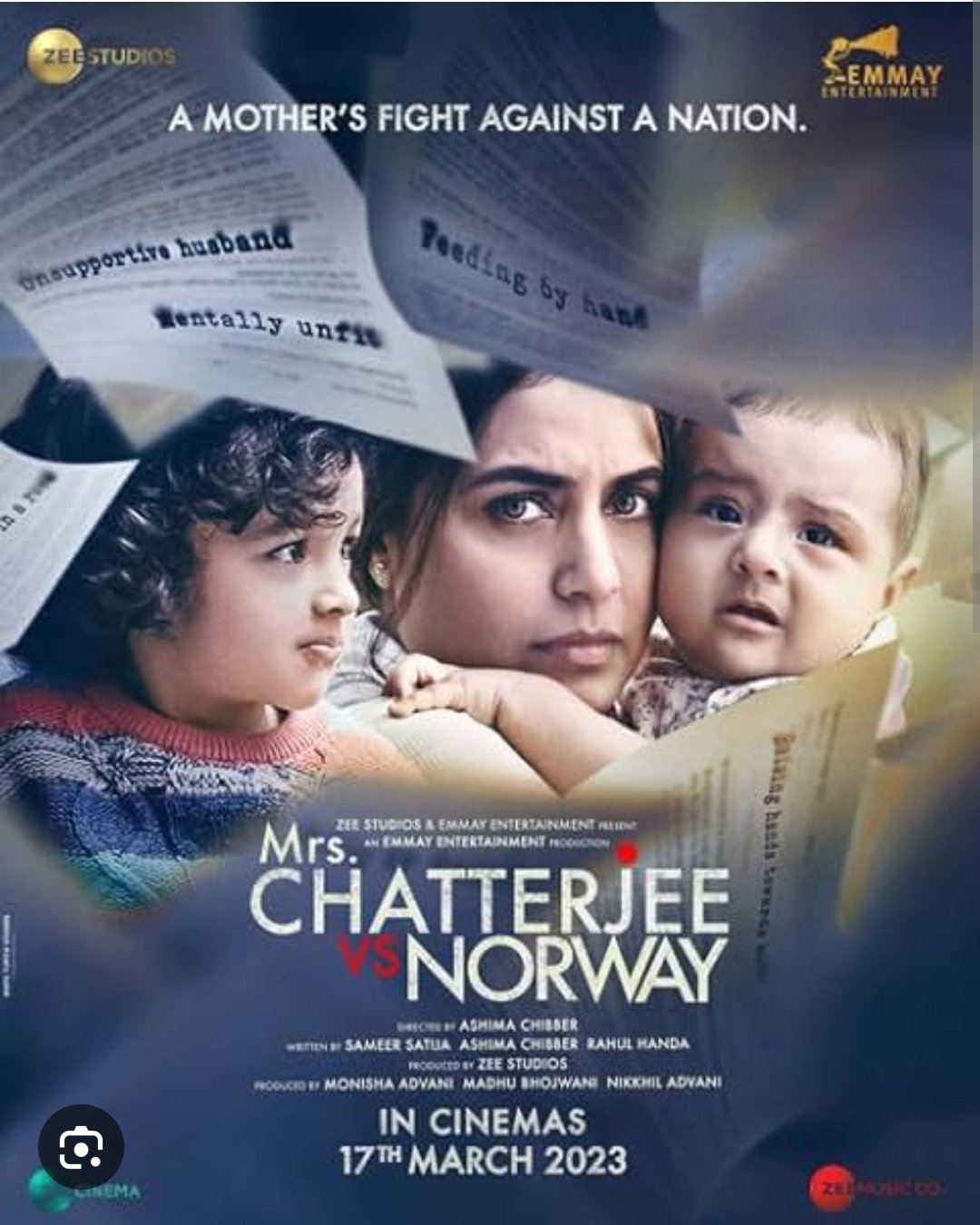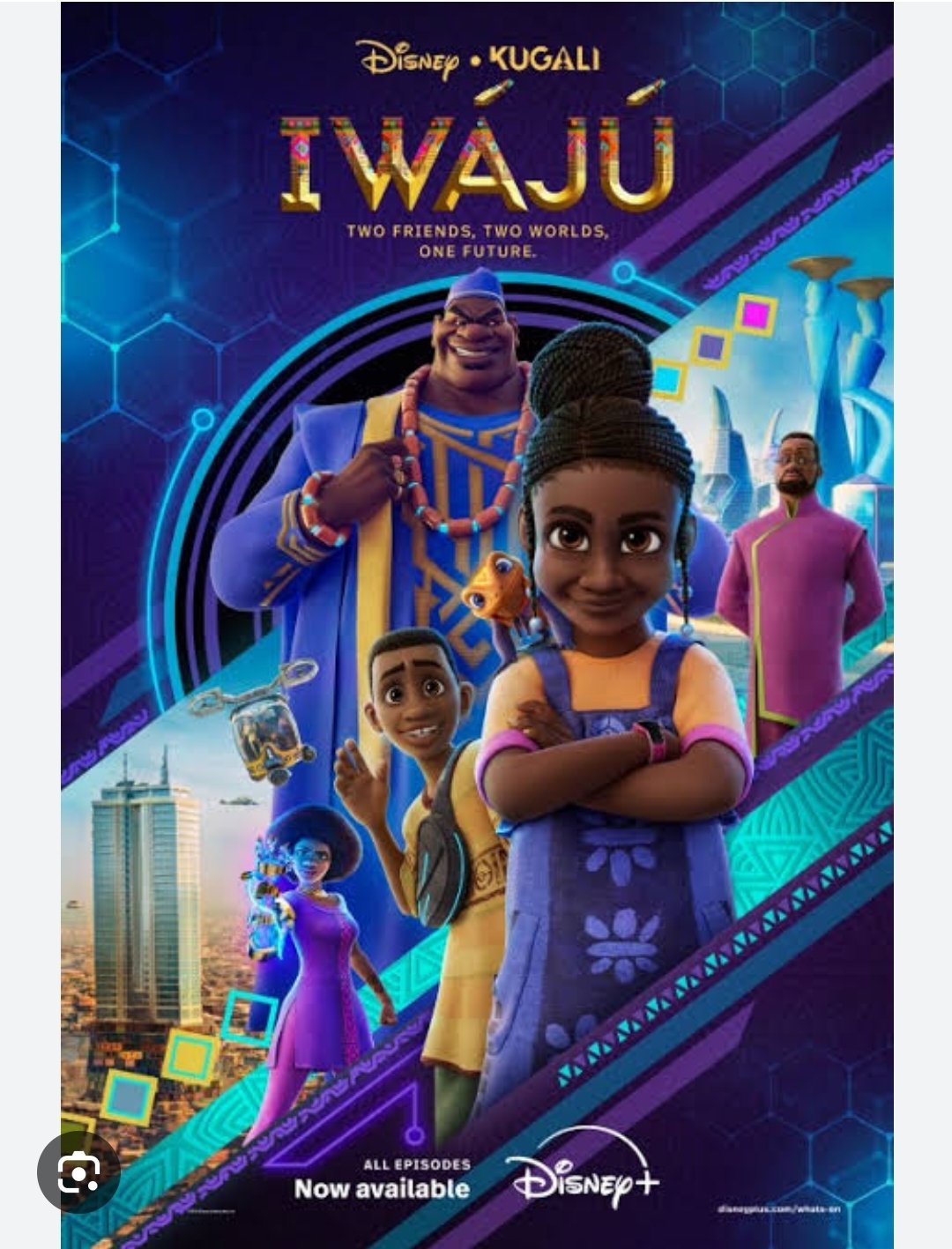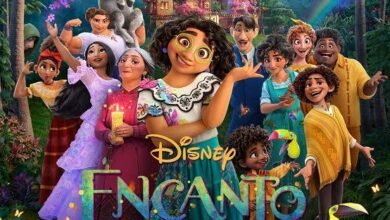“Mrs. Chatterjee vs Norway”: A Family Strengthening, Securing a Friendly and Protective Environment for Children® and Rights-Based Parenting® Perspective

Introduction:
“Mrs. Chatterjee vs Norway” is a compelling drama based on a true story that dives deep into the cultural and legal battles faced by an Indian mother in Norway. The film, directed by Ashima Chibber, was released in 2023 and stars Rani Mukerji as Mrs. Chatterjee. It offers a profound look at family dynamics, cultural clashes, and child protection, providing a fertile ground for discussions on parenting, legal systems, and the rights of parents and children.
Plot and Themes:
The film revolves around Mrs. Chatterjee, an Indian immigrant in Norway, whose children are taken away by Norwegian Child Welfare Services due to alleged neglect. The story explores themes of cultural misunderstandings, the clash between individual rights and state intervention, and the relentless fight of a mother for her children. These themes present critical lessons for parents and policymakers on the importance of cultural sensitivity and the complexities of international child welfare cases.
Family Strengthening:
“Mrs. Chatterjee vs Norway” underscores the importance of family bonds and the trials that can strain them. The relationship between Mrs. Chatterjee and her children is the heart of the narrative, highlighting the profound impact of separation on family cohesion. The film encourages parents to foster strong, supportive family environments and advocates for the importance of understanding and bridging cultural gaps to prevent family disintegration.
Securing a Friendly and Protective Environment for Children®:
The movie portrays the challenges of creating a safe and nurturing environment for children within a different cultural and legal framework. Mrs. Chatterjee’s struggle exposes the need for child welfare systems to be culturally sensitive and supportive rather than punitive. The film emphasizes the importance of creating environments where children can thrive emotionally and psychologically, irrespective of cultural backgrounds.
Rights-Based Parenting®:
“Mrs. Chatterjee vs Norway” advocates for a rights-based approach to parenting, where the rights of both parents and children are respected and upheld. The film highlights the importance of parental rights to raise their children according to their cultural and personal beliefs, as long as the children’s well-being is ensured. It also underscores the children’s rights to maintain their cultural identity and family connections, emphasizing the need for policies that balance protection with family integrity.
Visuals and Cinematography:
The film’s cinematography effectively captures the emotional intensity of the story, with vivid portrayals of both the serene yet alien environment of Norway and the vibrant yet chaotic essence of Mrs. Chatterjee’s Indian heritage. The visual storytelling enhances the narrative, providing a stark contrast between the two worlds and deepening the audience’s understanding of the cultural clash at the film’s core.
Character Development:
Rani Mukerji’s portrayal of Mrs. Chatterjee is powerful and nuanced, capturing the emotional turmoil and relentless determination of a mother fighting against an unjust system. The film also delves into other characters’ perspectives, such as the Norwegian authorities and Mrs. Chatterjee’s husband, providing a balanced view of the complex situation. These character arcs offer valuable insights into resilience, empathy, and the multifaceted nature of justice.
Platforms for Viewing:
“Mrs. Chatterjee vs Norway” is available for streaming on various platforms, including Amazon Prime Video, Netflix, and other major streaming services. It can be watched on multiple devices, such as smart TVs, tablets, and smartphones, making it accessible to a wide audience.
Conclusion:
“Mrs. Chatterjee vs Norway” is a poignant and thought-provoking film that sheds light on the challenges of cross-cultural parenting and international child custody disputes. It offers valuable insights into family dynamics, cultural sensitivity, and the importance of a rights-based approach to parenting. By fostering strong family bonds, creating culturally inclusive environments, and respecting the rights of both parents and children, we can work towards securing a friendly and protective environment for all children.





